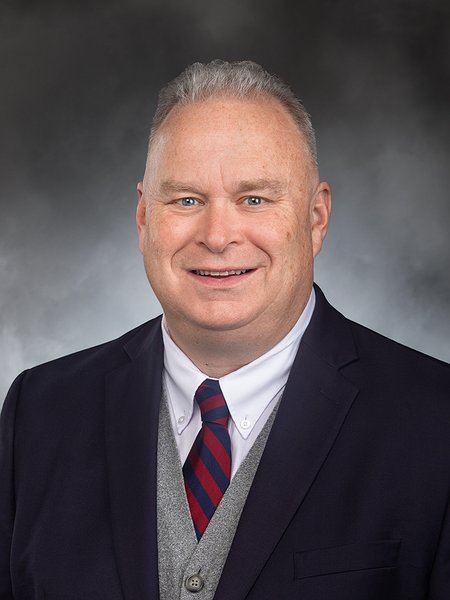Bill headed to WA Legislature would allow private family cemeteries
OLYMPIA — Washington could allow family burial plots on private property, according to a statement from the office of Rep. Jim Walsh, R-Aberdeen, who pre-filed the bill Dec. 13.
House Bill 1065 would amend state law to allow burials on private land if other conditions are met, according to the statement. Walsh wrote that the legislation addresses ambiguity in state law, protects property rights, and honors cultural traditions.
"This remains a small but important property rights issue in our state that needs to be addressed in law. Washington families should be able to bury loved ones who've passed away on privately owned land," Walsh wrote in the statement. "It's a tradition with deep cultural roots in this part of the world. Current state law is not clear on the practice – and many Washington families are carrying on their personal and cultural traditions, uncertain of the legality of what they're doing."
Under RCW 68.20.010, it is illegal in Washington to bury human remains anywhere other than a legally-designated cemetery or a building built exclusively for religious purposes, and that cemetery must be owned by a corporation. This means, according to the Washington State Department of Licensing, that a Washington landowner who wished to bury their loved ones on their land would be required first to register as a nonprofit, apply for a business license and register the property as a cemetery with the county. HB 1065 would amend the law to allow an individual landowner the same rights as a corporation, according to the bill’s text.
Washington is the only state in which existing law is so rigid; California and Arkansas also generally prohibit private burials but allow for a special permit. Washington’s law regulating cemeteries went into effect in 1987, but did not address family plots established on private property before that date, nor did it directly address individuals who wished to maintain a family plot.
"These changes help clear up this uncertainty," Walsh wrote. "It requires that families follow local land-use guidelines about wetlands, title filings, and other matters. It limits the practice to family members and doesn't allow any sort of commercial use. But it states clearly that, if families follow those rules, they can bury a loved one's remains on land they own."
HB 1065 clarifies that families wishing to continue traditional burial practices must follow local land-use guidelines, including wetlands and title filings, according to Walsh’s statement. It specifies that the option only applies to direct family members and disallows any commercial use. The plot would have to be at least 25 feet from the parcel boundary and 50 feet from an existing easement or right-of-way. City and county governments still would have jurisdiction under HB 1065 to regulate or prohibit private burial grounds.
In addition to its past bipartisan legislative support, HB 1065 has garnered backing from several groups, including Native American tribes, property rights organizations, and those invested in preserving Washington's rich cultural heritage, according to Walsh’s statement.
"I am honored to have broad support for this worthy reform – from our state's Native American tribes, property-rights groups, and Washingtonians interested in our state's history and traditions," Walsh wrote. "I hope this version of the bill can complete its journey into law."
The text of HB 1065 and updates to its status can be found at https://bit.ly/WAHB1065.



